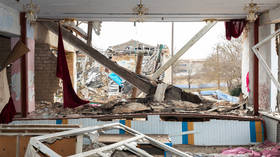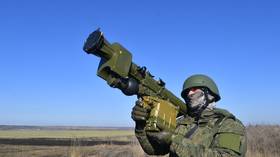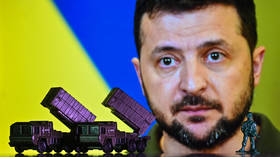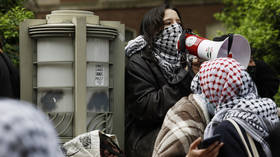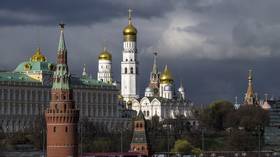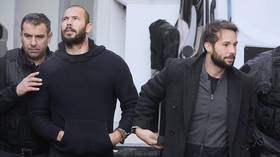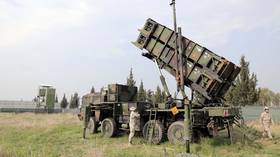Polish foreign minister backs sending NATO troops to Ukraine
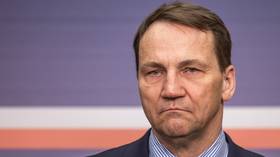
The deployment of NATO troops to Ukraine amid the conflict with Russia is “not unthinkable,” Polish Foreign Minister Radoslaw Sikorski has said. He was commenting on a statement by French President Emmanuel Macron, who said late last month that he “cannot exclude” the possibility of soldiers from the US-led military bloc being sent to aid Kiev.
Macron’s initial statement caused a wave of denials from the leaders of NATO member states, who insisted that they harbor no plans to deploy combat troops to Ukraine. However, he continued to make belligerent remarks, saying on Thursday that Paris recognizes no limits or Russian “red lines” when it comes to backing Kiev. Europeans “will have to live up to history and the courage that it requires,” he insisted.
The West should respond to Russia’s military operation in Ukraine with “asymmetric escalation,” Sikorski urged on Friday, during a conference marking the 25th anniversary of Poland joining NATO in Warsaw.
In view of this, “the presence of NATO forces in Ukraine is not unthinkable,” the foreign minister said, as cited by Rzeczpospolita newspaper.
“I appreciate President Emmanuel Macron’s initiative because it is about making [Russian President Vladimir] Putin fear us, not us being afraid of Putin,” he claimed.
On Friday, Poland’s Defense Minister Wladysław Kosiniak-Kamysz assured local media that “the Polish Army will not be in Ukraine… both the President, the Prime Minister, and I confirm this.” Warsaw, which had been one of the prime backers of Kiev in the EU, is going to continue supporting the Ukrainians through deliveries of equipment, he stressed.
On the same day, German Defense Minister Boris Pistorius reiterated that “nobody really wants to have boots on the ground in Ukraine,” stressing that discussions of this issue “should stop.”
In his address to Russia’s Federal Assembly in late February, Russian President Vladimir Putin commented on the talk of “deploying NATO military contingents to Ukraine,” by saying that all previous attempts to conquer Russia have ended in failure, but “now the consequences for potential invaders would be far more tragic.”
Putin reminded the assembly that Moscow has a massive nuclear arsenal in a state of “complete readiness for guaranteed deployment.” The West’s escalatory behavior “poses a threat of a conflict involving nuclear weapons, and therefore, the destruction of civilization,” he noted, adding “don’t they understand this?”
